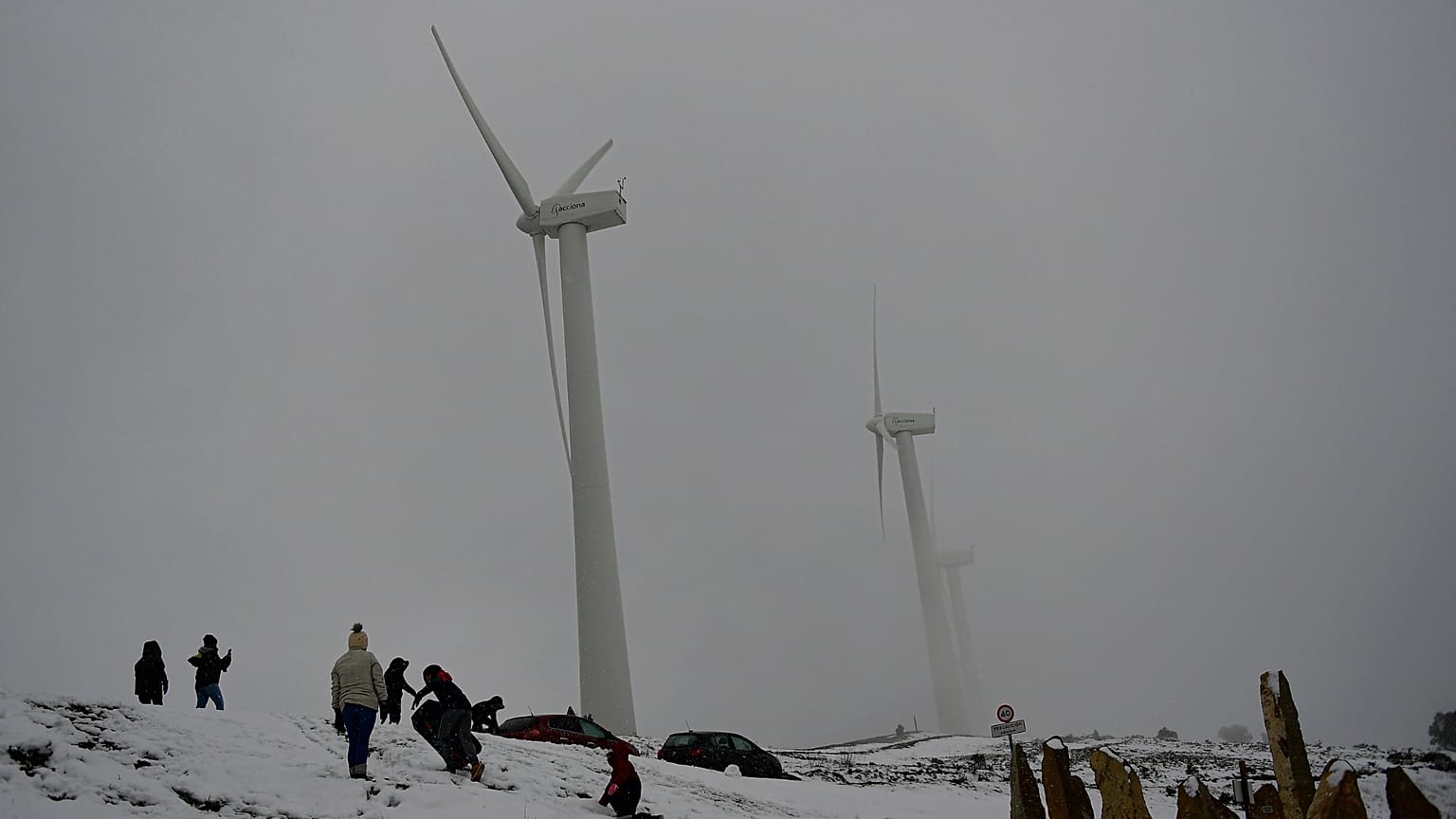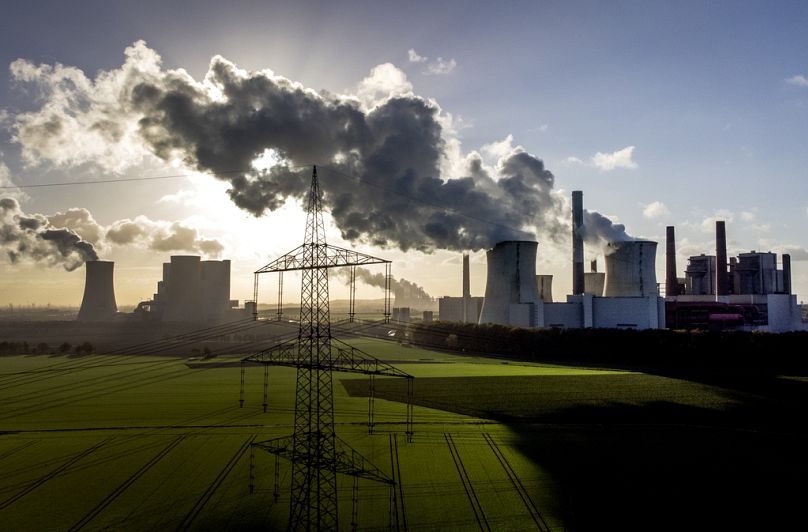Consensus is building around 2035 as the critical date for eliminating fossil fuels from Europe's power system.
EU countries representing more than 60 per cent of the bloc’s energy sector have committed to decarbonise their power sectors by 2035.
New analysis by campaign group Beyond Fossil Fuels has found that 10 member states have committed to eliminating fossil fuels by 2035 or sooner. Four countries - Austria, Denmark, Lithuania and Luxembourg - have explicitly committed to replacing coal and gas with renewables.
“It’s encouraging that many European governments share the ambition to usher in the fossil-free era by making 2035 power sector commitments. Now more need to follow suit,” says Tara Connolly, campaigner at Beyond Fossil Fuels.
The International Energy Agency recommends 2035 as the point at which European countries should decarbonise their power sectors to align with the Paris Agreement’s 1.5C target.
Another three states - Portugal, Sweden and Romania - have similar commitments but don’t stick to this date. If they were to bring forward their goal for decarbonising to 2035, Beyond Fossil Fuels says more than 70 per cent of the EU’s energy generation capacity would be covered by these pledges.
Concrete national commitments are the first step in transforming Europe’s power sector, the group says, providing clear signals to industry and finance about the direction of the energy transition.
“Respecting the 2035 time horizon is only part of the task,” Connolly adds.
“Governments need to be explicit in their commitment to phase out coal and gas, and fully replace them with renewables.”
Why are some countries’ pledges 'inappropriate'?
Belgium, France, Germany, Greece, Italy and the Netherlands complete the list of 10 countries which have pledged to decarbonise by 2035.
But the campaign group says they aren’t clear enough about the need to specifically phase out coal and gas in their plans or are relying on “inappropriate power generation technologies”.
Beyond Fossil Fuels says it doesn’t support the expansion of these technologies for a range of reasons, “including negative impact on nature, exorbitant cost or failure to deliver at scale and in time.”
Connolly says for example that the volume of bioenergy that can be sustainably sourced from our ecosystems is limited - especially when they are already under pressure from the biodiversity and climate crises.
Building new nuclear power stations is “incredibly expensive” with construction continually delayed beyond the timeframe for phasing out fossil fuels. Carbon capture and storage tech has been promised for over a decade but still hasn’t been proven and doesn’t exist at scale anywhere in Europe.
And according to the campaign group, hydrogen produced from fossil fuels is “incredibly carbon-intensive and inefficient” despite promises to reduce emissions.
“The consensus is that ground-mounted and rooftop solar, together with onshore and offshore wind, will deliver the most renewable electricity in a decarbonised European power system,” Connolly concludes.



















